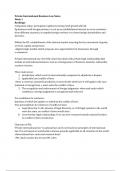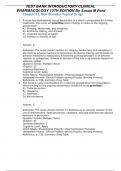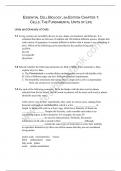Samenvatting
Complete Summary Private International Business Law - RGBIP50005 (RGBIP50005)
- Instelling
- Rijksuniversiteit Groningen (RuG)
Complete summary of Private International Business Law, year 2 LLB, University of Groningen. Grade: 10/10
[Meer zien]








